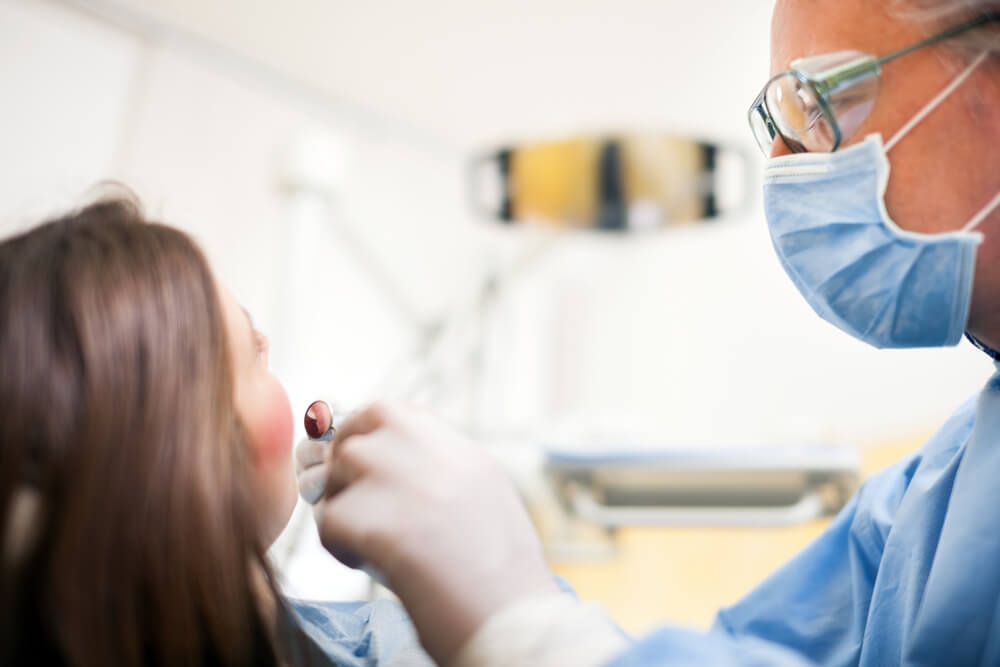TYPES
There are different types of dentures or false teeth; these are the partial dentures, full dentures, removable dentures, and flexible dentures.
Full dentures are commonly used when you lost your teeth due to an accident, an infection, inflammation of the structures of the teeth (periodontitis), or other medical-related problems.
Removable dentures are a traditional type of dentures. They are easier to disinfect and clean while flexible dentures are alternatives to removable dentures and are made of translucent resin which is the same color as your gums.
Partial Dentures
One type of denture that is commonly used is the partial dentures. It is used when you still have remaining teeth. It restores the functions of your lost teeth. These types of dentures are clipped beside your teeth and are visible when you open your mouth.
SYMPTOMS
Partial dentures have side effects like an increase of saliva, which is normal. Some people suffer from nausea. It might be difficult for you to eat or speak. Begin to eat soft and watery food, cut the food into pieces for natural chewing, chew the food on both sides to balance the pressure, and avoid eating hard or chewy foods. Speaking casually helps you adjust to your dentures. Some might experience sores and high pressure when coughing or sneezing. Wrap your hand into your mouth when you’re about to sneeze or cough.
Dentures can also cause sores or an irritating feeling in the mouth, especially when you are new to regular dentures. Mix some salt with water, and then rinse it. Also, maintain your oral hygiene.


